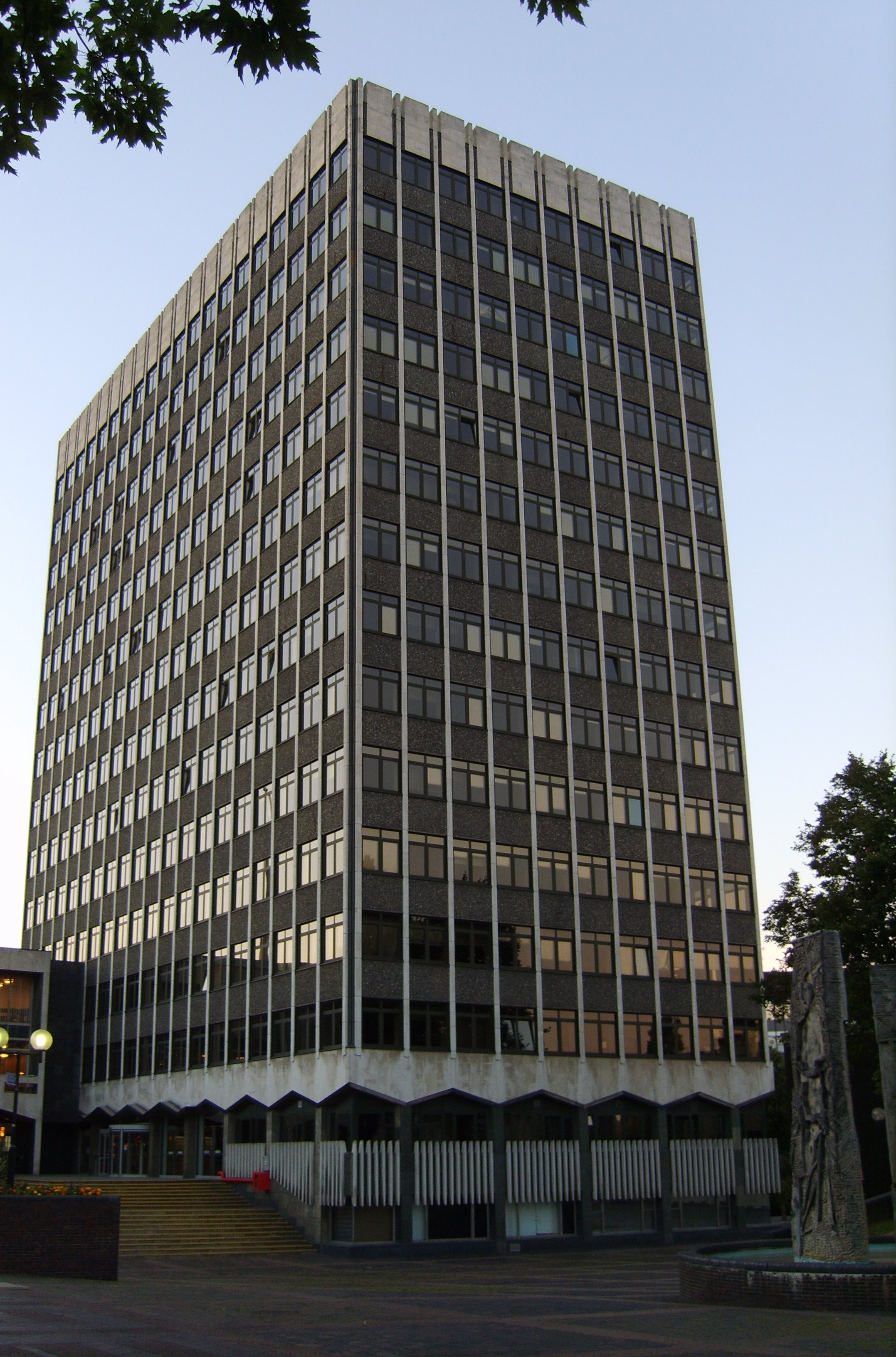|
Fred Chadwick
Frederick William Chadwick (8 September 1913 ŌĆō 18 September 1987) was an English professional association football, footballer who played in the Football League for Newport County A.F.C., Newport County, Ipswich Town F.C., Ipswich Town and Bristol Rovers F.C., Bristol Rovers as a centre forward. Personal life Chadwick was married with five children. During the Second World War, he was held prisoner of war by the Empire of Japan, Japanese and worked on the Burma Railway. Career statistics References English footballers {{England-footy-forward-1910s-stub Clapton Orient F.C. wartime guest players English Football League players British Army personnel of World War II 1913 births 1987 deaths Footballers from Manchester Association football forwards Burma Railway prisoners Manchester City F.C. players Wolverhampton Wanderers F.C. players Newport County A.F.C. players Ipswich Town F.C. players West Ham United F.C. players Bristol Rovers F.C. players Street F.C. player ... [...More Info...] [...Related Items...] OR: [Wikipedia] [Google] [Baidu] |
Manchester
Manchester () is a city in Greater Manchester, England. It had a population of 552,000 in 2021. It is bordered by the Cheshire Plain to the south, the Pennines to the north and east, and the neighbouring city of Salford to the west. The two cities and the surrounding towns form one of the United Kingdom's most populous conurbations, the Greater Manchester Built-up Area, which has a population of 2.87 million. The history of Manchester began with the civilian settlement associated with the Roman fort ('' castra'') of ''Mamucium'' or ''Mancunium'', established in about AD 79 on a sandstone bluff near the confluence of the rivers Medlock and Irwell. Historically part of Lancashire, areas of Cheshire south of the River Mersey were incorporated into Manchester in the 20th century, including Wythenshawe in 1931. Throughout the Middle Ages Manchester remained a manorial township, but began to expand "at an astonishing rate" around the turn of the 19th century. Manchest ... [...More Info...] [...Related Items...] OR: [Wikipedia] [Google] [Baidu] |
Southend United F
Southend-on-Sea (), commonly referred to as Southend (), is a coastal city and unitary authority area with borough status in southeastern Essex, England. It lies on the north side of the Thames Estuary, east of central London. It is bordered to the north by Rochford and to the west by Castle Point. It is home to the longest pleasure pier in the world, Southend Pier. London Southend Airport is located north of the city centre. Southend-on-Sea originally consisted of a few poor fishermen's huts and farms at the southern end of the village of Prittlewell. In the 1790s, the first buildings around what was to become the High Street of Southend were completed. In the 19th century, Southend's status of a seaside resort grew after a visit from Princess Caroline of Brunswick, and Southend Pier was constructed. From the 1960s onwards, the city declined as a holiday destination. Southend redeveloped itself as the home of the Access credit card, due to its having one of the UK's first ... [...More Info...] [...Related Items...] OR: [Wikipedia] [Google] [Baidu] |
Burma Railway Prisoners
Myanmar, ; UK pronunciations: US pronunciations incl. . Note: Wikipedia's IPA conventions require indicating /r/ even in British English although only some British English speakers pronounce r at the end of syllables. As John Wells explains, the English spellings of both Myanmar and Burma assume a non-rhotic variety of English, in which the letter r before a consonant or finally serves merely to indicate a long vowel: łmj├”nm╔æ╦É, ╦łb╔£╦Ém╔Ö So the pronunciation of the last syllable of Myanmar as ╔æ╦Éror of Burma as ╔£╦Érm╔Öby some speakers in the UK and most speakers in North America is in fact a spelling pronunciation based on a misunderstanding of non-rhotic spelling conventions. The final ''r'' in ''Myanmar'' was not intended for pronunciation and is there to ensure that the final a is pronounced with the broad ''ah'' () in "father". If the Burmese name my, ßĆÖßĆ╝ßĆößĆ║ßĆÖßĆ¼, label=none were spelled "Myanma" in English, this would be pronounced at the end by all ... [...More Info...] [...Related Items...] OR: [Wikipedia] [Google] [Baidu] |

